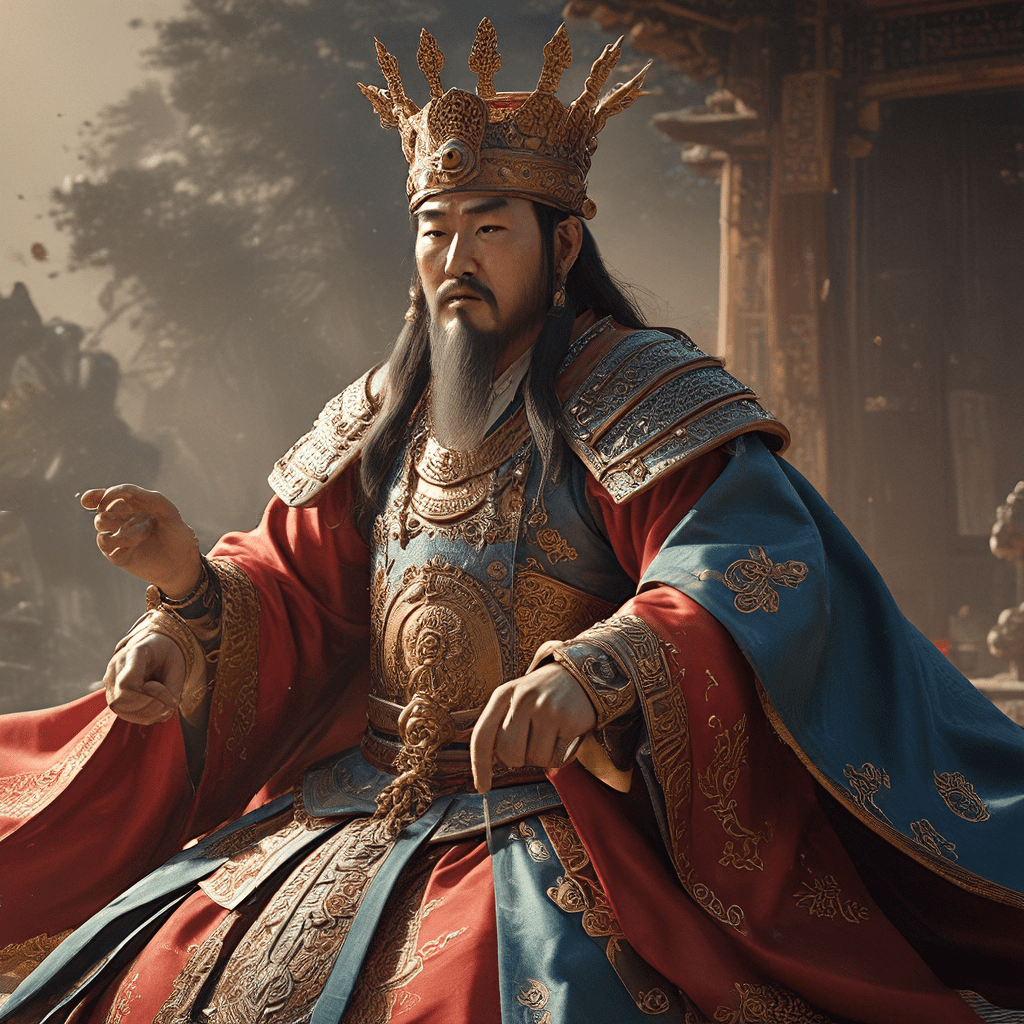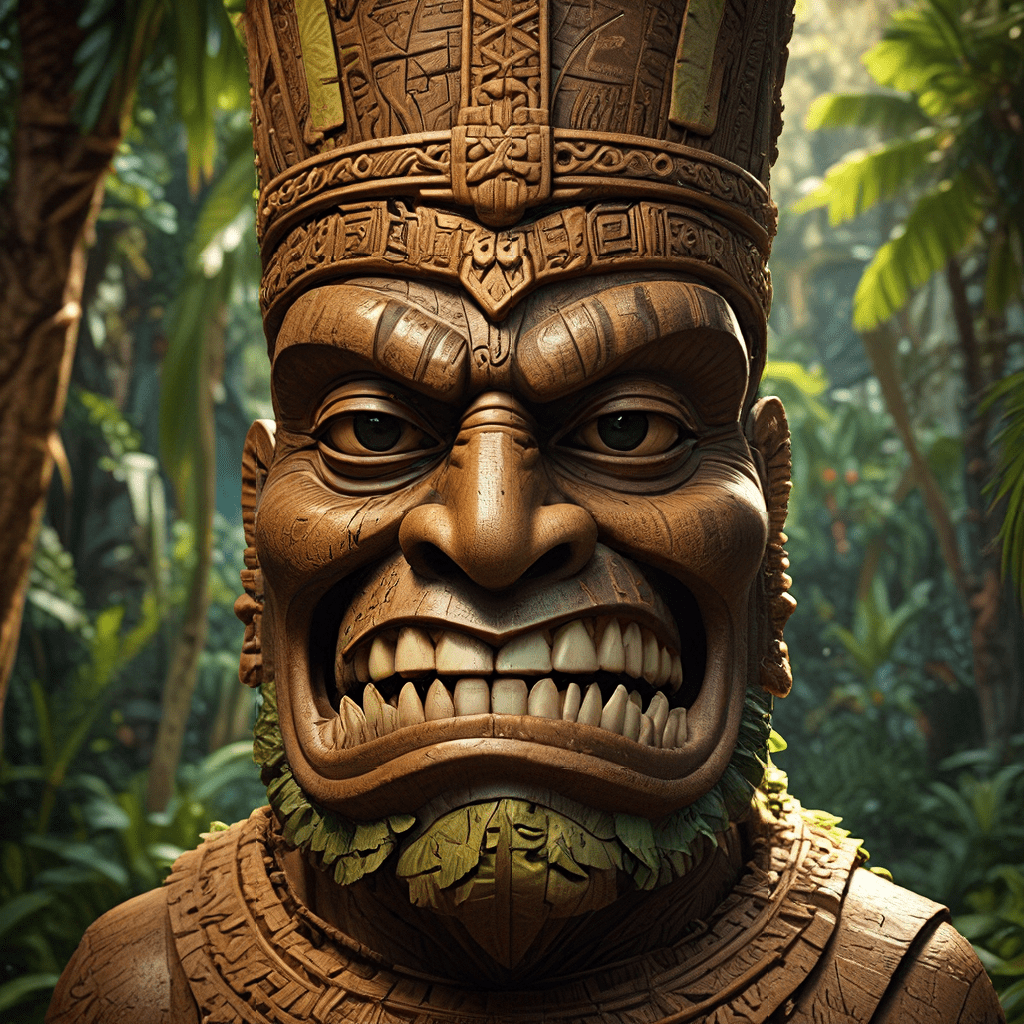The Legend of King Gwanggaeto the Great: A Korean Hero
King Gwanggaeto the Great stands as a towering figure in Korean history, known for his military prowess, territorial expansion, and the enduring legacy he left behind. His story is woven into the fabric of Korean national identity, making him a beloved and revered figure. Gwanggaeto, whose reign spanned from 391 to 413 AD, is considered one of the most impactful rulers of the Goguryeo kingdom, one of the Three Kingdoms of Korea. He led Goguryeo to its zenith, expanding its territory and establishing it as a powerful force in East Asia.
The Mythological Origins of Gwanggaeto
The story of Gwanggaeto's birth and childhood is steeped in myth and legend. According to folklore, he was born under auspicious circumstances, with his birth prophesied by a divine being. There are tales that he was blessed with superhuman strength and wisdom from birth, destined for greatness. These mythical origins served to solidify his status as a chosen leader, a figure divinely ordained to guide the Goguryeo people.
Gwanggaeto’s Reign: Military Victories and Territorial Expansion
Gwanggaeto's reign was marked by a series of decisive military campaigns. He waged war against neighboring kingdoms, including Baekje and several Chinese dynasties, expanding Goguryeo's control over vast stretches of land. Gwanggaeto's military triumphs earned him the title "Great," not merely due to his victories, but also for his strategic genius and for his ability to unite a diverse array of people under his banner.
The Goguryeo Kingdom: A Powerful Force in East Asia
Gwanggaeto's military prowess and territorial expansion transformed Goguryeo into a dominant force in East Asia. His conquests solidified its position as a powerful kingdom, capable of challenging even the might of the Chinese empires. Under his leadership, Goguryeo emerged as a major player in the geopolitical landscape of the region, influencing the balance of power for centuries to come.
The Legacy of Gwanggaeto: A National Hero
Gwanggaeto's legacy extends far beyond his military achievements. He is remembered as a wise and just ruler, and as a strong defender of Goguryeo's people and its cultural heritage. His story continues to inspire and motivate Koreans today, serving as a source of national pride and a symbol of the strength and resilience of the Korean people. Gwanggaeto stands as a testament to the power of leadership, military prowess, and the enduring legacy of a great ruler.
Gwanggaeto’s Grave: A Monument to a Great King
King Gwanggaeto's final resting place is a powerful testament to his legacy. Located in the heart of North Korea, his tomb is a magnificent and complex structure. The burial mound, surrounded by ancient stone statues, reflects the grandeur and power of the Goguryeo kingdom during its peak. Though the tomb remains largely unexplored, it stands as a symbol of respect and remembrance, honoring the great king who shaped the destiny of Korea.
The Historicity of Gwanggaeto’s Achievements
While Gwanggaeto's story is filled with legends and mythical tales, historical evidence supports his significant role in Korean history. The "Gwanggaeto Stele," a towering stone monument erected in his honor, provides a primary source of information about his reign and achievements. This stele, inscribed with detailed accounts of his conquests, serves as a valuable historical record, solidifying the reality of Gwanggaeto's military triumphs and territorial expansion.
The “Gwanggaeto Stele”: A Primary Source of Information
The Gwanggaeto Stele, also known as the "Gwanggaeto Inscription," is of immense importance to understanding Gwanggaeto's reign. It provides detailed accounts of his military campaigns, victories against neighboring kingdoms, and the expansion of Goguryeo's territory. The stele's inscription is written in Chinese, a common practice during that era, and it offers valuable insights into the politics, military strategies, and cultural practices of the Goguryeo kingdom during Gwanggaeto's time.
Theories about Gwanggaeto’s Personality and Leadership
Historians and scholars have proposed various theories about Gwanggaeto's personality and leadership style. Some believe he was a skilled military strategist and a strong, decisive leader, while others argue he was a visionary ruler who fostered cultural development and diplomatic relations. While these theories remain open to debate, they highlight the multi-faceted nature of Gwanggaeto's leadership and his impact on the Goguryeo kingdom.
Modern Interpretations of Gwanggaeto’s Legend
In modern Korea, Gwanggaeto's legend continues to resonate strongly. He is often portrayed as a national hero, a symbol of strength, resilience, and national pride. His story is frequently featured in historical dramas, literature, and art, reminding Koreans of their rich history and the legacy of a great ruler. Gwanggaeto's legend serves as a powerful reminder of Korea's past and inspires a sense of national identity and unity.
FAQ
Q: What was Gwanggaeto's role in Korean history?
A: Gwanggaeto was the king of Goguryeo, one of the Three Kingdoms of Korea, from 391 to 413 AD. He led Goguryeo to its peak of power through military conquests and expansion.
Q: Why is Gwanggaeto known as "the Great?"
A: He is known as "the Great" because of his military victories, strategic brilliance, and the expansion of Goguryeo's territory under his rule.
Q: What is the Gwanggaeto Stele?
A: A stone monument erected in Gwanggaeto's honor, inscribed with detailed accounts of his reign and achievements. It serves as a primary source of information about his life and accomplishments.
Q: What is the significance of Gwanggaeto's grave?
A: It is a testament to his legacy, showcasing the grandeur and power of the Goguryeo kingdom during his reign.
Q: How is Gwanggaeto's legend remembered in modern Korea?
A: He is often celebrated as a national hero, symbolizing strength, resilience, and national pride. His story is found in historical dramas, literature, and art, reflecting his importance in Korean history and culture.



